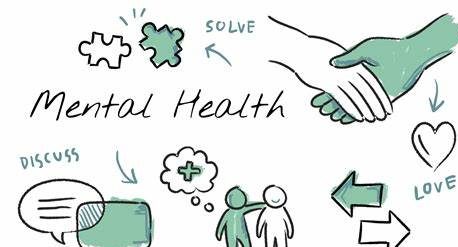Mental health has finally stepped out of the shadows and into the mainstream conversation. In recent years, we’ve seen a surge in awareness, understanding, and thankfully, action. But despite the progress, significant challenges remain. Here’s a snapshot of the current landscape:
Good News:
- Increased funding: Governments and private organizations are pouring resources into mental health initiatives, boosting access to therapy, support groups, and crisis intervention services.
- Mental health in the workplace: More companies are recognizing the importance of employee mental well-being, offering mental health benefits and promoting healthy workplace cultures.
- Destigmatization: Celebrities and public figures openly discussing their mental health struggles are chipping away at stigma, making it easier for others to seek help.
- Technological advancements: Teletherapy and online resources are making mental health support more accessible and convenient, especially for those facing geographical or financial barriers.
Ongoing Challenges:
- Shortage of mental health professionals: Despite increased funding, the demand for therapists and counselors far outstrips supply, leading to long waiting lists and limited access to care.
- Inequitable access: Mental health services are often biased towards certain demographics, with marginalized communities facing significant disparities in access and quality of care.
- Misinformation and stigma: Despite progress, pockets of stigma and misinformation persist, deterring people from seeking help.
- Long-term funding: Sustainable funding remains crucial to ensure the longevity and effectiveness of mental health initiatives.
Looking Ahead:
The future of mental health support is promising. Continued investment, innovative solutions, and ongoing public dialogue are key to tackling the remaining challenges. Some promising areas include:
- Integrating mental health into primary care: This would make mental health checkups routine, ensuring early intervention and prevention.
- Peer support networks: Empowering individuals with lived experience to support others can be a powerful tool for recovery.
- Technology-driven solutions: AI-powered tools and virtual reality applications could expand access to care and provide personalized support.
While the road ahead is long, the growing awareness and commitment to mental health are encouraging. By working together, we can make mental healthcare a reality for everyone, not just a privilege for the few.







